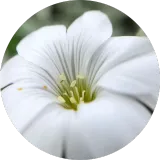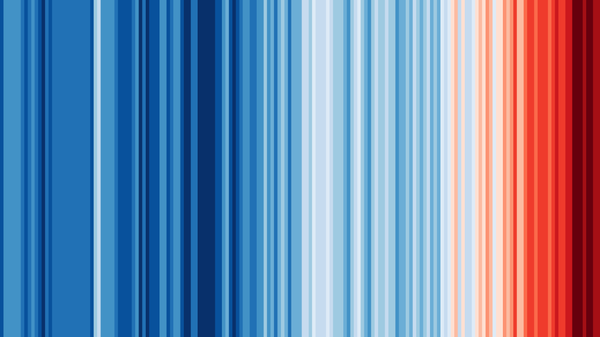My Favourite Eco Books of 2023

For a while, I neglected reading, until I discovered audiobooks at the library. I've thoroughly enjoyed listening to books that talk about nature, animals, and plants, just to name a few. I often find myself struggling to pick up a paperback book; however, audiobooks have opened a new chapter to reading and I have begun to find a hobby for reading in some of my spare time. It is evident through this blog and my social media presence I have a vested interest in nature, wildlife, and all things sustainability related and reading has added to my passion. I am sharing my favourite books from 2023 which I have read and enjoyed, which I would recommend to you.
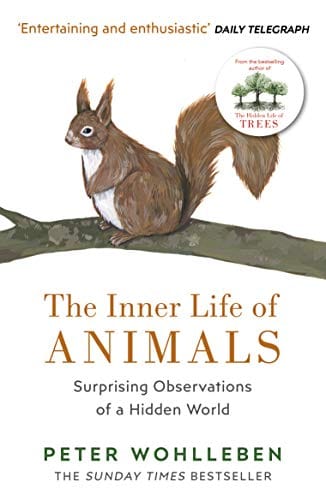
The Inner Life of Animals
The book written by renowned author Peter Wohlleben is a beautiful book to read or listen to. I enjoyed listening to the book alongside my work commitments and in my spare time, and the book made long hours fly by. I find it difficult to get immersed into books, and being dyslexic can add a barrier to my reading speed and how much information I can process. However, this did not stop me from listening to the book; I struggled to put it down.
The book focuses on animals big and small, from the humble bee to majestic horses and deer. Peter Wohlleben says that humans tend to assume that we are the only living things able to experience feelings intensely and consciously. The book also delves in to magpies committing adultery, pigs learning their names, why crows go tobogganing and why wasps really exist. The book starts by introducing a story about a red squirrel; from that moment I was hooked to reading more. If you are keen to learn more about the animal kingdom, I would definitely recommend this book.
How Bad are Bananas
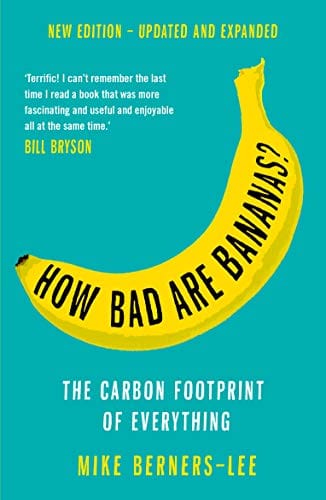
Mike Berners-Lee's book How Bad Are Bananas the Carbon Footprint of Everything is a book I delve in and out of. I have found it a perfect book for anyone who appreciates statistics or writes a blog. Mike has calculated the emissions from everyday used items such as a simple glass of water to flying on a plane. Throughout the book, the advice offered does not lecture anyone, making it easier to access.
How Bad Are Bananas the Carbon Footprint of Everything categorises the statistics into chapters ranging from grams to kilograms of emissions created. The book features hundreds of items and activities showcasing how the carbon emissions attached to it. I have used Mike's knowledge within my blog “Environmentally Friendly Shower Habits.” Personally, I choose the information as and when I need it, rather than read the book from front to back like a novel.
Mike talks a little about each activity listed with good detail, such as having a shower. In my guide Environmentally Friendly Shower Habits I cited his data which calculated the grams of CO2e (Carbon Dioxide Equivalent) from having a shower with an efficient gas boiler and aerated shower head, 5kW economy electric shower, 8kW electric shower and 11kW electric power shower.
The Future We Choose
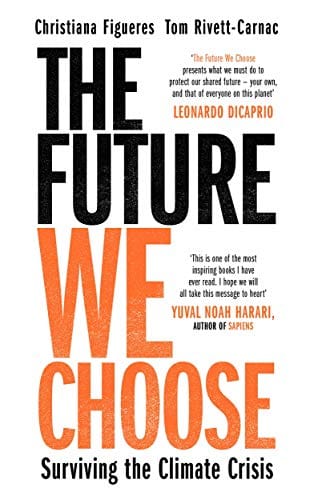
The Future We Choose, Surviving the Climate Crisis is written by Christiana and Tom. Their book talks about the roles they had in the United Nations meeting and how the talks nearly ended due to a national security scare. Collectively, they discuss why people need to remain optimistic and how social media creates conformation biases and can be harmful.
The book also discusses shocking facts such as half the world's trees have been cut down (3 trillion) or the fact that beef, soy, palm oil and wood are major contributors to deforestation. Tom and Christiana state that collective action needed from politicians to address these problems. The Future We Choose discusses future challenges and makes some predictions of how solutions that may help the climate could impact people's privacy. Tom explains that technology is neither inherently good nor bad, it just has to be managed properly.
The Secret Life of the Owl
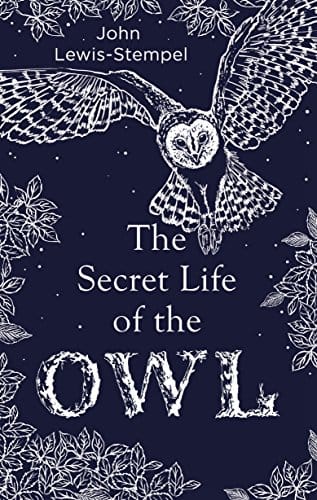
You would hardly be surprised if I told you this book is about owls, after all, this book published by Penguin features the iconic bird on the cover. John Lewis-Stempel's book is a short and pleasant read, 96 pages or 1.52 hours as an audiobook, which is broken in to a couple of chapters. The book's opening paragraph discusses how owls have evolved into a symbolic animal, appearing in popular films like Harry Potter and other literary works. John discusses his experiences of owls while living on a farm in the UK, and how he has heard and engaged with them. The author also explains how well-known people of the past have adored these wonderful beasts (you will have to read the book to find out who).
The Secret Life of the Owl unpicks the history of these birds and how humans have utilised them to hunt other birds. John Lewis-Stempel goes on to elaborate on the small percentage of birds that are nocturnal and how many species of owls there are. If you like detail, this book delivers because John compares the sizes of the biggest and smallest owls, their pellets (poop) and their special adaptations.
The book concludes by briefly covering how British owls are affected by pesticides in agriculture. John also shares the mythology of someone being turned in to an owl. Finally, the author wrote how owls were used to predict snow, and medicine and a weird truth serum. Though to some, dreaming of an owl was a sign of death. I just hope listening to a book about owls does not bring such fate.
